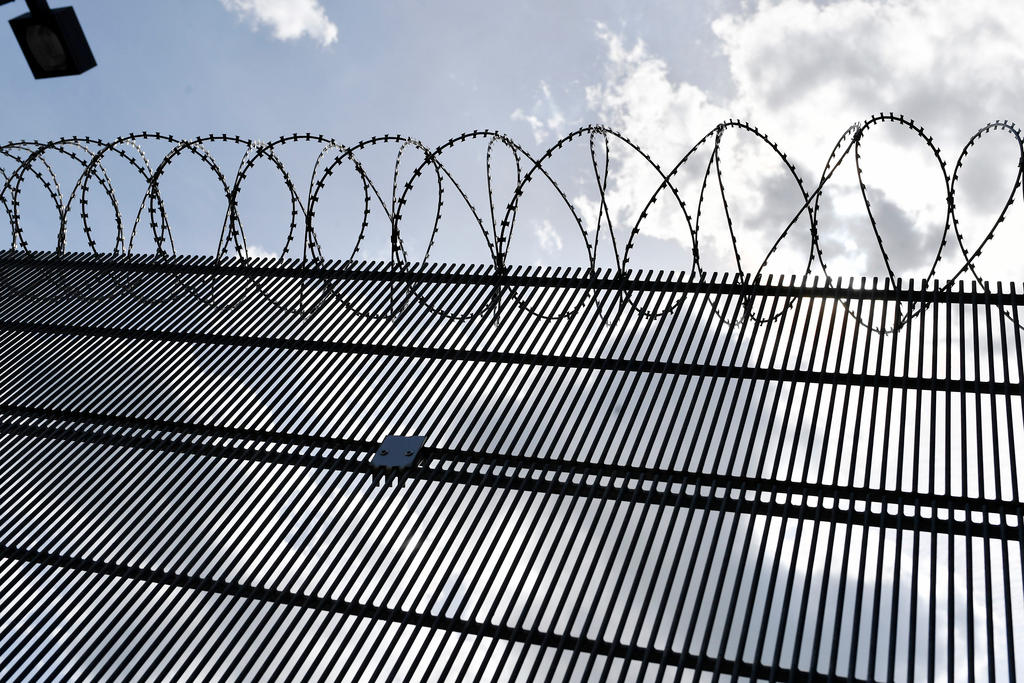
Indeterminate sentence handed to the ‘Beast of Rupperswil’

A 34-year-old man who confessed to slaughtering four people in the northern Swiss town of Rupperswil in December 2015 has been sentenced to an indeterminate prison term.
On Friday, the Lenzburg district court decided to give the murderer a “normal imprisonment” which means he can still be released conditionally if he no longer presents a threat. The prosecution had called for a life sentence – where the condemned can only be released if new scientific information makes therapy possible – which the court did not grant.
The killer will have to undergo therapy in custody and pay CHF700,000 ($737,460) to the kin of the victims, as well as court costs amounting to CHF525,000. He cannot apply for a conditional release after 15 years of jail time. Only after serving around 20 years can his imprisonment be reevaluated on a regular basis. He can still appeal against the court’s verdict.
In one of the most gruesome criminal cases in Swiss history, the man entered a home and killed a woman, her two sons, and a girlfriend of one of the sons in a particularly vicious attack. After raping the 13-year-old son, the perpetrator slaughtered each of his victims. He was eventually arrested in May 2016 in a café in the canton of Aargau and accused of murder, extortion, kidnapping, hostage-taking, sexual acts on a minor, sexual constraint, arson, and pornography.
The accused confessed to the murders, and his fingerprints and DNA were found at the crime scene. He acted alone, did not know his victims, and had a clean criminal record.
Correction: The article first stated that the murderer had been handed a life sentence. This is technically incorrect and has been modified.

More
What does ‘life sentence’ mean in Switzerland?

In compliance with the JTI standards
More: SWI swissinfo.ch certified by the Journalism Trust Initiative






























You can find an overview of ongoing debates with our journalists here . Please join us!
If you want to start a conversation about a topic raised in this article or want to report factual errors, email us at english@swissinfo.ch.